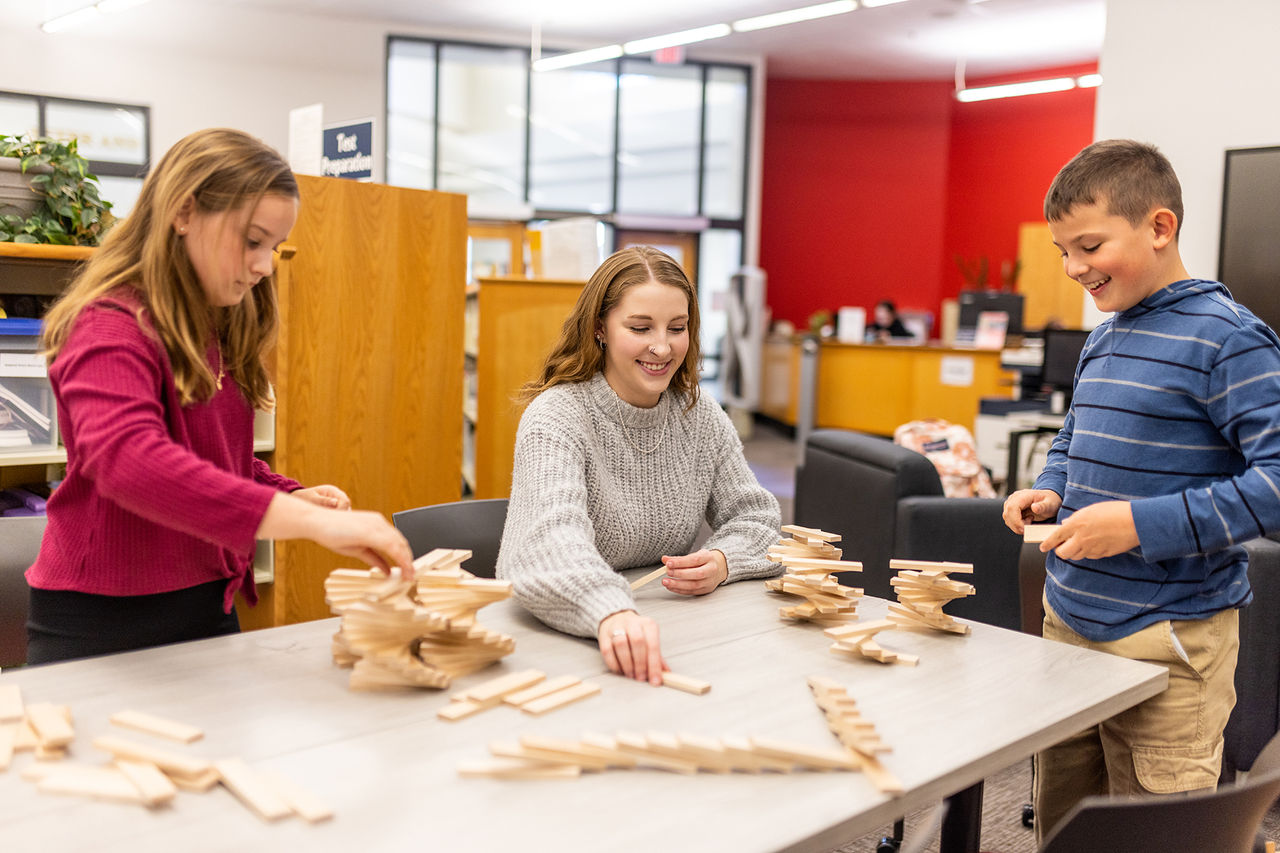Radford University
College of Education and Human Development
Shaping the Future of Education
The College of Education and Human Development builds on Radford University's rich history as a teaching institution by offering diverse programs that empower students to become engaged professionals who are responsive to the needs of communities, families and individuals.
Recognition and Rankings

-
U.S. News and World Report
Academic Departments and School
Outreach and Assessment
The College of Education and Human Development supports a variety of offices and centers focused on building and enhancing communities of lifelong learners.



